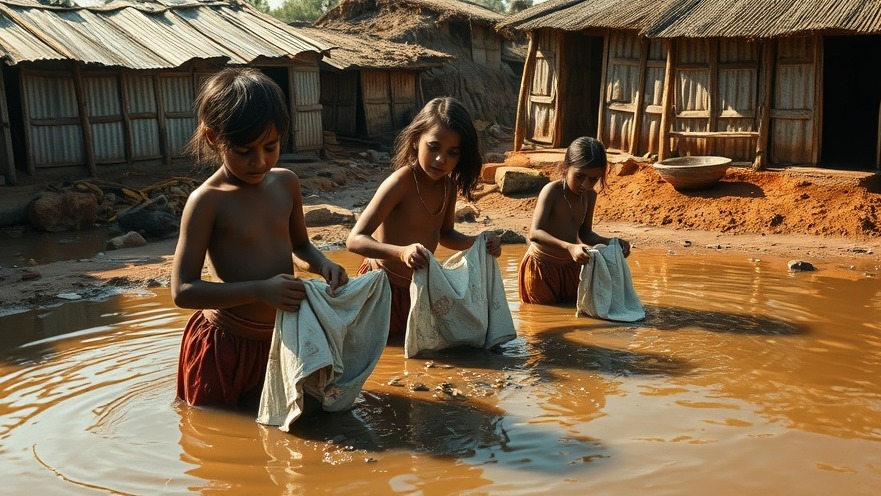
Revolutionizing Marine Conservation: The Melanesian Ocean Reserve
In a groundbreaking initiative, the Solomon Islands and Vanuatu have announced the creation of the Melanesian Ocean Reserve, heralding a new era in marine conservation. This reserve, which aims to be the world’s first Indigenous-led ocean sanctuary, will span over 6 million square kilometers, covering waters rich in biodiversity and unique ecosystems. Ethnically significant, this region encompasses the national waters of Papua New Guinea and connects to the Exclusive Economic Zone of New Caledonia, crucially linking marine protection areas.
The Deep Connections to Culture and Identity
Prime Minister Jeremiah Manele of the Solomon Islands emphasized that this initiative honors the longstanding relationship the Indigenous Peoples of Melanesia have with the ocean. For them, the ocean is more than just a habitat; it is central to their identity, livelihoods, and spirituality. Manele’s statement highlights that the reserve’s creation is not merely an environmental measure but a restoration of cultural heritage, where the ocean is perceived as a home rather than a resource to be exploited.
The Impressive Scale of Conservation Efforts
Once operational, this ocean reserve will rival the Amazon Rainforest in size, representing a monumental commitment to conservation. The Islands Knowledge Institute, an Indigenous-led nonprofit, is a key player in this initiative, advocating for strategies that view the ocean as integral to life. As ecologist Edgar Pollard puts it, treating the ocean with respect and care is essential for effective and sustainable protection.
Threats Calling for Immediate Action
Unfortunately, the southwestern Pacific region is facing critical threats from climate change, illegal fishing, and destructive industrial fishing practices. These pressures compromise the ecological integrity of coral reefs, which maintain 75% of the world’s known coral species and host over 3,000 species of reef-dependent fish. Sustainable practices supported by this reserve are essential for maintaining healthy marine ecosystems and fostering biodiversity.
Indigenous Knowledge and Sustainability Leadership
As part of the reserved initiative, Solomon Islands and Vanuatu aim to deepen the role of Indigenous knowledge in marine conservation. This resolution includes plans for regenerative economies and sustainable initiatives, such as the implementation of solar-powered vessels and sustainable infrastructure for local communities. The reserve will prioritize customary activities that reflect the cultural practices and traditions of Indigenous peoples, further solidifying their stewardship over these vital waters.
Challenges Ahead: The Case of Papua New Guinea
While this collaborative effort represents a hopeful vision for the future, the situation in Papua New Guinea poses significant challenges. News reports have raised concerns regarding proposed deep-sea mining initiatives within the region. The potential conflicts between lucrative mining operations and marine preservation efforts could jeopardize the integrity and goals of the Melanesian Ocean Reserve.
The Path Forward
The establishment of the Melanesian Ocean Reserve exemplifies a growing trend toward Indigenous rights and leadership in environmental conservation. This move not only protects marine biodiversity but also empowers local communities by recognizing their ancient wisdom and rights. For boutique hospitality professionals, understanding these dynamics can enhance sustainable practices in eco-tourism. By fostering environmental awareness and conservation-oriented initiatives, they can contribute to the resilience of these precious ecosystems while enriching their business models.
Join the Movement for Sustainable Eco-Tourism
As a boutique hospitality professional, you have a unique opportunity to align your business with the global movement toward environmental consciousness. Embrace sustainable practices, and champion local conservation efforts, and together, we can protect our planet’s precious ocean resources for generations to come.
 Add Row
Add Row  Add
Add 




Write A Comment